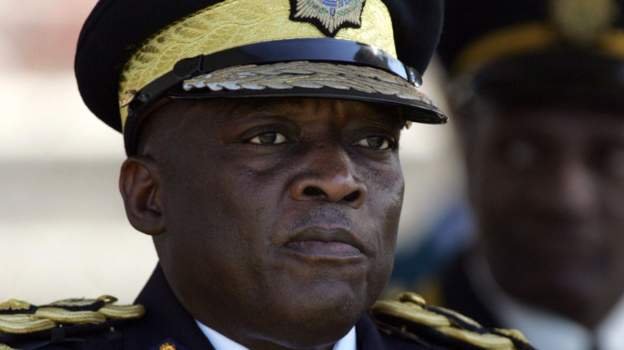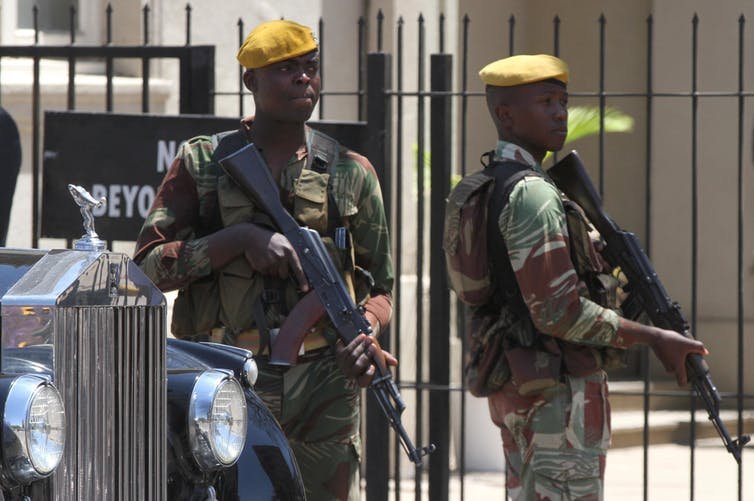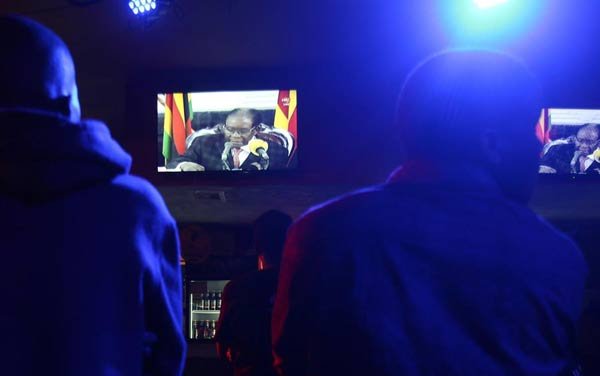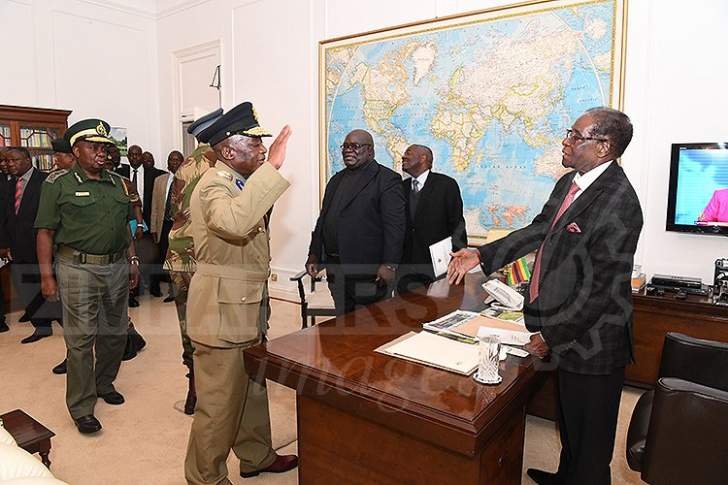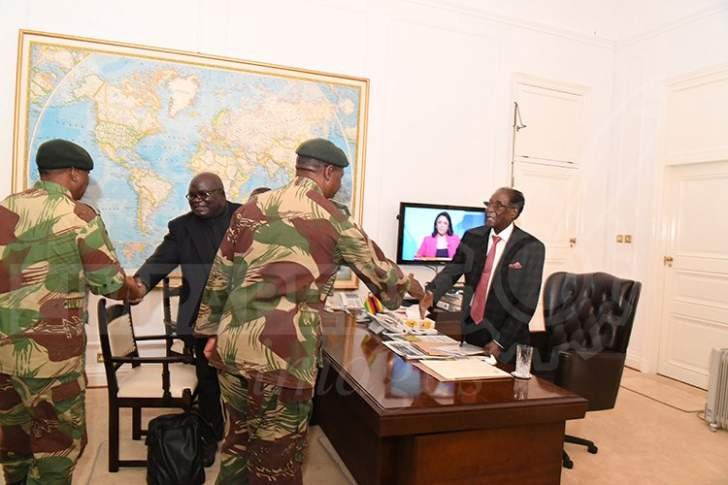IN 2016 it became a common sight in the capital of Zimbabwe to see fearful citizens queuing outside banks, waiting hopefully for cash. It was the most obvious manifestation of anxiety about Robert Mugabe’s latest economic scheme. In November the central bank started printing a new kind of money, in the form of the “bond note”. Ostensibly the note is worth the same as the American dollar, which Zimbabwe adopted in 2009 after a spectacular bout of inflation—but no one is fooled. The stage is set for yet another Mugabe-made economic disaster. Zimbabwe once enjoyed an abundance of natural resources, a booming agricultural sector and a wealth of human capital, but over the past 37 years Mr Mugabe has managed to squander nearly all of it. Almost a quarter of Zimbabweans are currently in need of food assistance and 72% live in poverty. Within a generation, Mr Mugabe has turned an entire country upside down. How did he manage to wreck Zimbabwe?
Mr Mugabe was a Marxist guerrilla who came to power in 1980 after the country won its independence from Britain. Mr Mugabe made a promising start—calling for reconciliation with white Zimbabweans, and improving access to education and health care for all. But his early policies were overshadowed by what followed. To support the cost of various schemes, Mr Mugabe overspent wildly—a practice he has continued throughout his administration. And as he clung to power over the decades his rule became autocratic, undemocratic and oppressive. This has all caused typical forms of suffering. But the way in which Mr Mugabe has brought Zimbabwe to its knees is through gross economic mismanagement.
A turning point in Mr Mugabe’s series of presidential blunders was the year 2000, when he launched “fast-track” land reform and encouraged a violent takeover of white-owned farms, then the backbone of the country’s farming sector. Most of the seized land was given to black farmers who lacked experience with modern agricultural practice; many were chosen on the basis of their connections to Mr Mugabe and his party, the Zimbabwe African National Union Patriotic Front (Zanu-PF). Till then the envy of the region and the primary source of export revenue for the country, Zimbabwe’s farms suddenly faltered—and sent shock waves rippling through the economy. The fiscal situation had been stretched already, with Mr Mugabe having embroiled Zimbabwe in Congo’s civil war. His central bank began printing money faster, to pay off debts and compensate war veterans, seen as an important pillar of Mr Mugabe’s support, and to offset higher prices caused by the farms’ failure. The spiral quickly spun out of control. At one point in 2008 inflation hit the rate of 231,000,000%. The currency had to be denominated in notes as large as the $100trn Zimbabwe-dollar bill—worth about around 40 cents at the time of its demise. Hyperinflation concluded when the Zimbabwe dollar was scrapped altogether in favour of a multi-currency system in which the American dollar was predominant. For a brief period, Mr Mugabe’s destructive economic impulses were tempered by a power-sharing arrangement with the opposition. But since resuming complete control in 2013, he’s returned to his former habits.
This past weekend Mr Mugabe hosted a lavish 93rd birthday party for himself. He said he wants to stand for another five-year term as president in 2018. He has also said that “only God knows” if anything can stop him. While God has not intervened, behind the scenes the struggle to succeed him has begun in earnest. Mr Mugabe’s second wife Grace—his former secretary and mistress—and his vice-president, Emmerson Mnangagwa, are seen as leading contenders. Absent a designated successor, Mr Mugabe’s departure will create a vacuum which could actually add to his country’s woes. Under Mr Mugabe, economic chaos has a constant feature of life in Zimbabwe. But it will take more than the death of a tyrant to undo his legacy.



